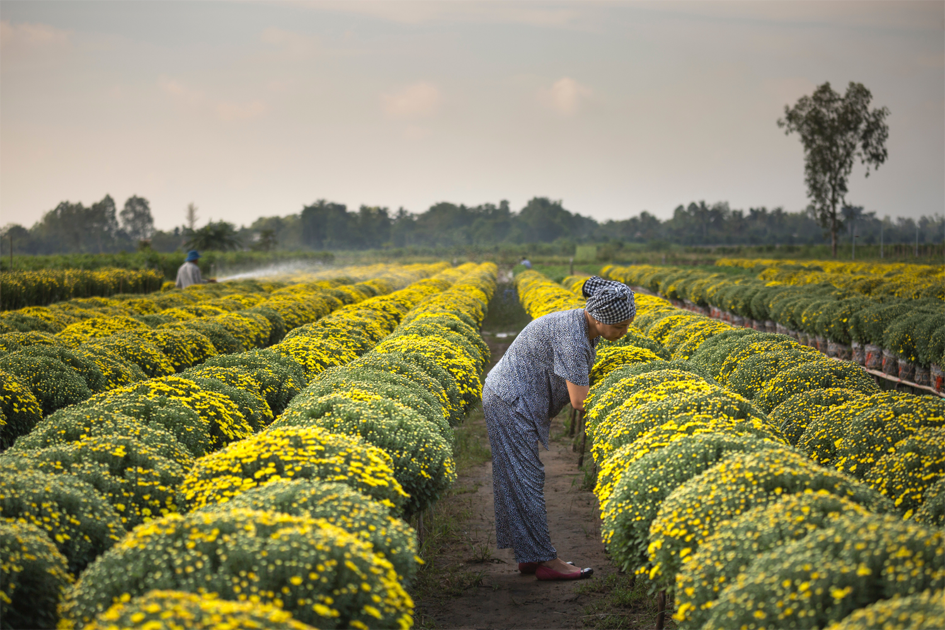
Why Are Farmers opposing Agriculture Reform Bill?
10-Aug-2021 | Article by Legal White Official
Agriculture sector of India is gigantic and little complexed. About 1.3 billion peoples’ livelihoods is being protected by the farmers and their produce contributes about 15 per cent in the $2.7 trillion economy.
Only after the inception of the “Green Revolution” in transformed India from being a country having consistent food shortage to a giant exporter majorly obtaining surplus. Unfortunately, from nearly a decade, finances in the farming industry have been stagnant and now it is clearly seen that this sector needs an evolution in this era since modernisation has changed all the basics.
In good faith, Lok Sabha passed three farm bills namely, the Farmers (Empowerment and Protection) Agreement of Price Assurance and Farm Services Bill; the Farmers Produce Trade and Commerce (Promotion and Facilitation) Bill; and the Essential Commodities (Amendment) Bill to enhance the structure, to provide freedom and to secure their livelihood.
What does the New Farm Bill say?
- The Farmers (Empowerment and Protection) Agreement of Price Assurance and Farm Services Bill allow farmers to make agreements with the buyer even before the production of any crop.
- The Farmers Produce Trade and Commerce (Promotion and Facilitation) Bill allows inter-state and intra-state trading of produce; meaning they can trade beyond the Agricultural Produce Market Committee (APMC) markets majorly regulated by the government.
- The Essential Commodities (Amendment) Bill will give freedom to produce, supply and store inventory which was earlier restrained by the ESCA.
Why farmers are protesting against the farm bill?
Even before the farm bills were passed, a clamour from the farmers were heard. Since 26th November 2020, the country has been witnessing massive agitation carried out by the farmers. Even after a lot of ruckus, the two bills have finally been cleared through a voice vote.
Let us now discuss why farmers are against the bill, what issues farmers have, and how government can calm them by offering better negotiations:
Issues with Procurement & Minimum Support Price
Primarily, the farmers of Punjab, Haryana, and Western Uttar Pradesh have been protesting against these new farm bills. Why particularly these states?
The insights of Vivek Kaul, an economics and finance writer, explains that the procurement structure and operations of these areas are strong because the “Green Revolution” began here. In order to gain confidence of the farmers and encourage them to accept new variety of wheat, the government started to offer Minimum Support Price (MSP), announced before every season, and procurement to the farmers.
- The farmers fear that the government will deregulate procurement system as well as the MSP.
- This would hit the stomach of the farmers of Punjab, Haryana, and Western Uttar Pradesh.
- Although the government have reassured that the procurement and the MSP policy is operational and will keep benefitting the farmers.
- The problem here is that government procurement and the MSP policy started long back when India wasn’t producing enough and these policies were made in the bygone era.
- It helped massively only the big farmers of certain states, and hence, is the reason that these farmers are still protesting, despite several reassurances given by the government.
Unfavourable Agreements with Powerful Investors
Next, the Farmers (Empowerment and Protection) Agreement on Price Assurance and Farm Services Act, 2020 offers contracting farmers, where a farmer and a buyer will make a mutual agreement of crop trading. But the farmers doubt that the powerful investors would put pressure to make unfavourable agreements; there will be no sale, lease, and transfer of land during the agreement; and they would end up in debts.
The history of contract farming has been little harsh, where companies have not made payments and made excuses like poor quality or substandard produce.
Such cases have pushed farmers into a dark trap, where they are unable to repay their loans and ended up selling their lands.
If we look at the data, more than 300,000 farmers have committed suicide out of poverty, while nearly 10,300 did the same in the year 2019, as per the recent reports. (Livemint)
No provisions to regulate the traders
The new farm bill give permission to any trader having PAN Card to procure crops from the market at desirable prices. The existing farm law has no provisions of registration to regulate the traders.
“The Central is trying to pass the buck to state governments to regulate the traders. So, the Centre is not ready to take any responsibility on this issue. This is also being proposed under the pressures of farmer organisations ”says Jagmohan Singh Patiala, BKU (Dakuanda) General Secretary.
Discontinuation of subsidies
The farmers opposed the union government for taking power sector under the control of the central government because the government has proposed to eliminate the power subsidies from these bills.
- Power Subsidies are directed by the World Trade Organisation (WTO) and says that it will be sent in cash to the farmers.
- Majority of farmers cannot even pay their own electricity bills then how could the government expect them to avail subsidy?
- They should either increase the produce or the prices.
- This lengthy gap between these two factors resulted in face policy apathy and makes India backwards
- Any policy intervenes with the prices often concludes with farmers’ deprivation.
New farm bills might provide freedom to the farmers, but this might not be sufficient for farmers. In most countries, agriculture is supported as well as regulated by their governments
In words of Ashok Gulati “producer support to farming in India as a share of total farm receipts is negative, something which goes against the stereotype of agriculture being heavily subsidised. Promises of future gains from deregulation can hardly be a substitute for budgetary support for Indian farmers.”
In all, a little diversification is the need of the hour towards to the grain-based farming as well as the non-farm sector that will encourage economic opportunities in rural areas.
